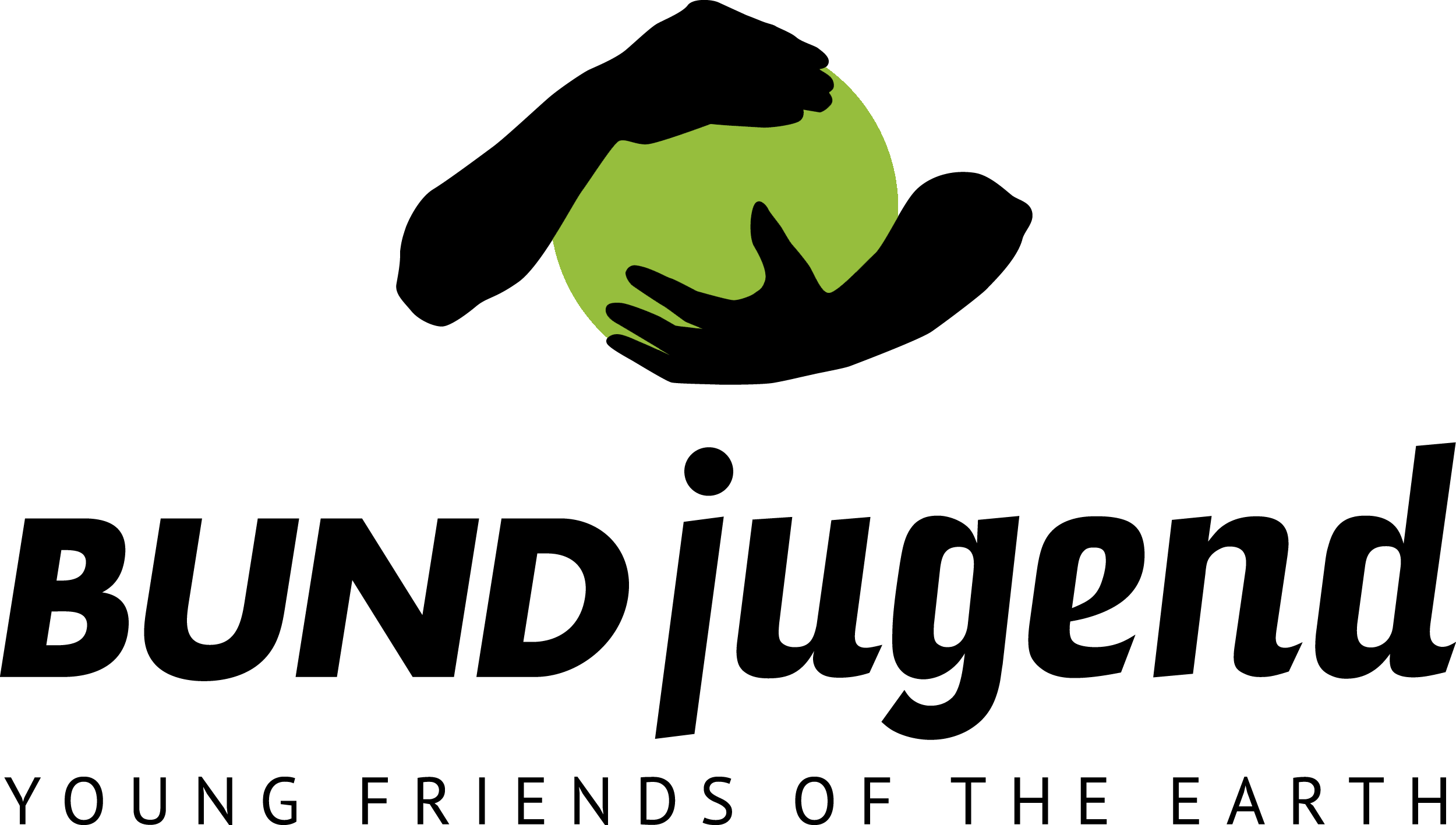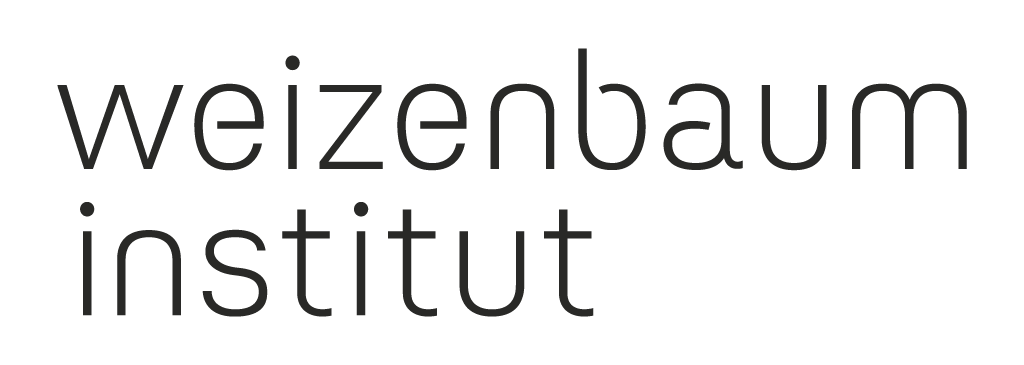Berlin Ethics Lab
The Berlin Ethics Lab for Responsible AI and Human-Machine Interaction is an interdisciplinary laboratory at TU Berlin. It deals with social challenges posed by AI and robotics. Formats for research, education, consultation and exchange are developed together with various stakeholders. The aim is to analyze and negotiate common values and norms in dealing with new technologies in the digital society.















